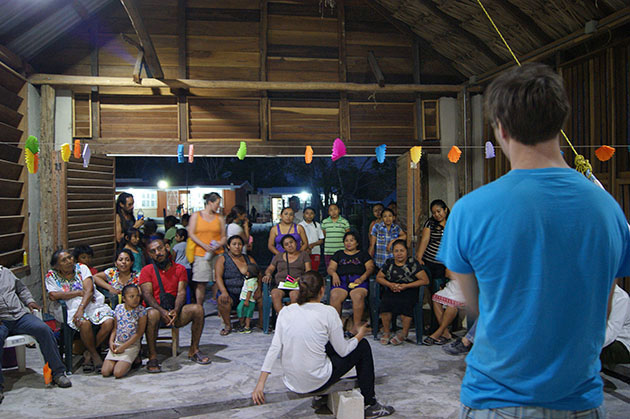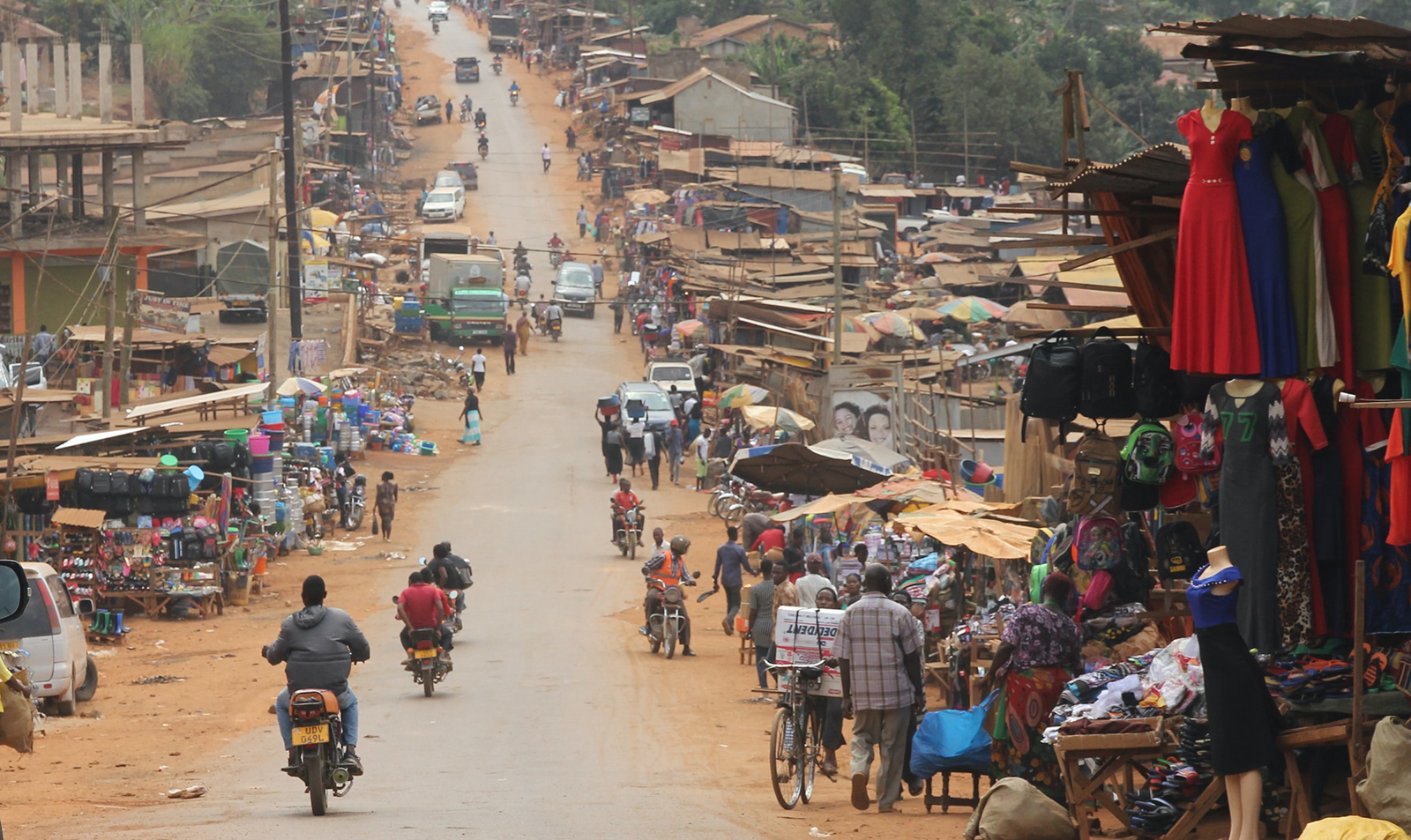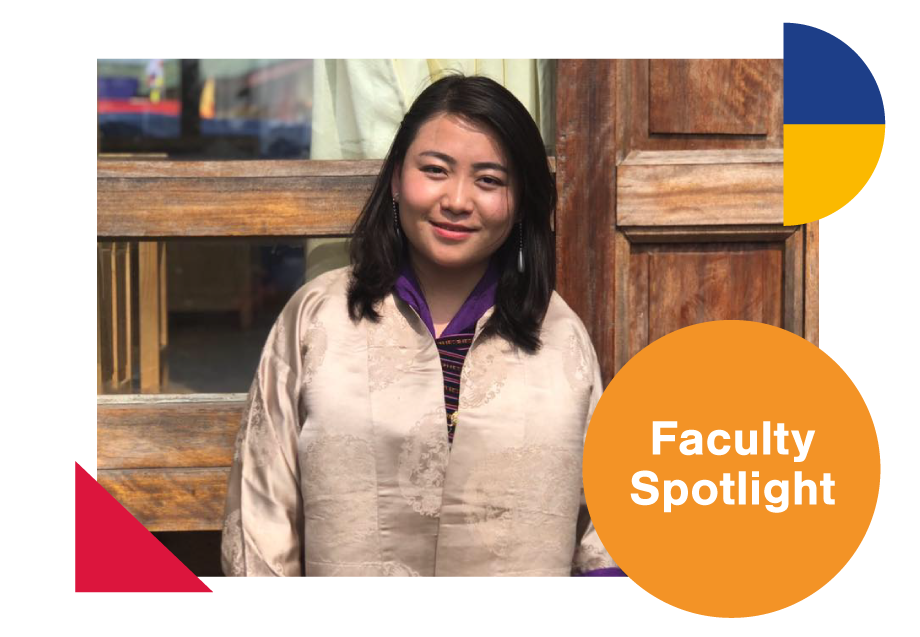Sustainable Global Technologies studio course projects have tackled pressing sustainable development issues in Mexico and Tanzania, as well as empowered teenage refugees in Greece.
This year’s Sustainable Global Technologies (SGT) studio projects have focused on several pressing issues such as empowering teenage refugees in Greece, improving sanitation in Tanzania, and improving water supply and access to healthcare as well as developing sustainable tourism in Mexico. The projects build upon the work of previous SGT courses and consist of cross-disciplinary teams, including engineering, design, architecture and business.
Sustainable development in small Mexican communities
Three different SGT projects took place in Mexico this year. All are part of Aalto LAB Mexico, which is a collaboration of Aalto University with the Technological Institute of Monterrey Mexico City Campus and the National Autonomous University of Mexico. This year the Technological Institute of Cancun was also part of the collaboration.
Ensuring sufficient water supply and improving access to healthcare were the aims of a project in the rural Mayan village El 20 de Noviembre, which is the pilot site of the Aalto LAB Mexico since 2012.
“The water resources are very scarce in El 20 de Noviembre and the task this year was to finalize water quality testing in households and make rough calculations of the material footprint. In terms of healthcare, project participants developed strategies to help craft makers sell their products to tourists. Since 2015, part of the sales have been directed to a communal fund for medical emergencies,” says Matleena Muhonen, the coordinator of SGT courses at Aalto University.
In the Mexican village of Uxuxubì and in San Pancho, the SGT students conducted a field studies to assess the community’s needs, desires and assets in terms of developing ecotourism. The work in Uxuxubí was carried out in collaboration with the researchers from Technological Institute of Cancun and in San Pancho with Mexican NGO Design Your Action.
“If rural communities don’t take advantage of their location, then somebody else will,” notes Don Miguel Pani, the community leader of Uxuxubí.
Everyone has something to teach
The project LIFT Athens by SGT students focused on empowering teenagers in refugee centers in Greece by cultivating confidence in sharing knowledge and skills. Using a so-called Koulu School method, developed in 2012 by researchers from Aalto University and Demos Helsinki, the project’s core idea was that everyone has something to teach and the participants become teachers themselves.
“The participants, 16 to 25 years old, taught a wide range of subjects such as how to cook Afghanistan rice and writing in Arabic. Every participant received a Koulu diploma to encourage the continuation of teaching skills and knowledge,” explains Andrea Cuesta, one of the team members from Aalto University.
The LIFT Athens team has developed material that can be used by frequently changing volunteers to conduct the Koulu School workshop. The main partner was Finn Church Aid.
Upward Spiral – Steps towards sustainable sanitation in two Tanzanian slums
The primary objectives of the sanitation project in Tanzania was to determine the prerequisites of a self-sustaining system around EcoSan dry toilets built in the target communities in Dar es Salaam by previous projects.
“During our visit, we were struck by the fragility of the system and the related lack of collaboration among stakeholders. Obstacles such as lack of awareness, education and supporting infrastructure has hindered progress in the communities,” says architect Zita Floret, mentor for the student team.
Students working on the project have identified a pressing need for a well-documented pilot project to record results of the fertilizer obtained from the toilets and a communication platform to improve stakeholder collaboration. The project consisted of collaboration with numerous stakeholders such as the Tanzania Association of Environmental Engineers.
Sustainable Global Technologies programme runs a set of cross-disciplinary courses that look at the diverse connections between sustainability and technology in developing context. Student projects highlight environmental, social and cultural aspects of sustainable development.
More information:
Matleena Muhonen
matleena.muhonen@aalto.fi
Professor Olli Varis, Department of Built Environment, Aalto ENG
olli.varis@aalto.fi
http://www.sgtprogramme.fi/
This post was written by Roope Kiviranta



